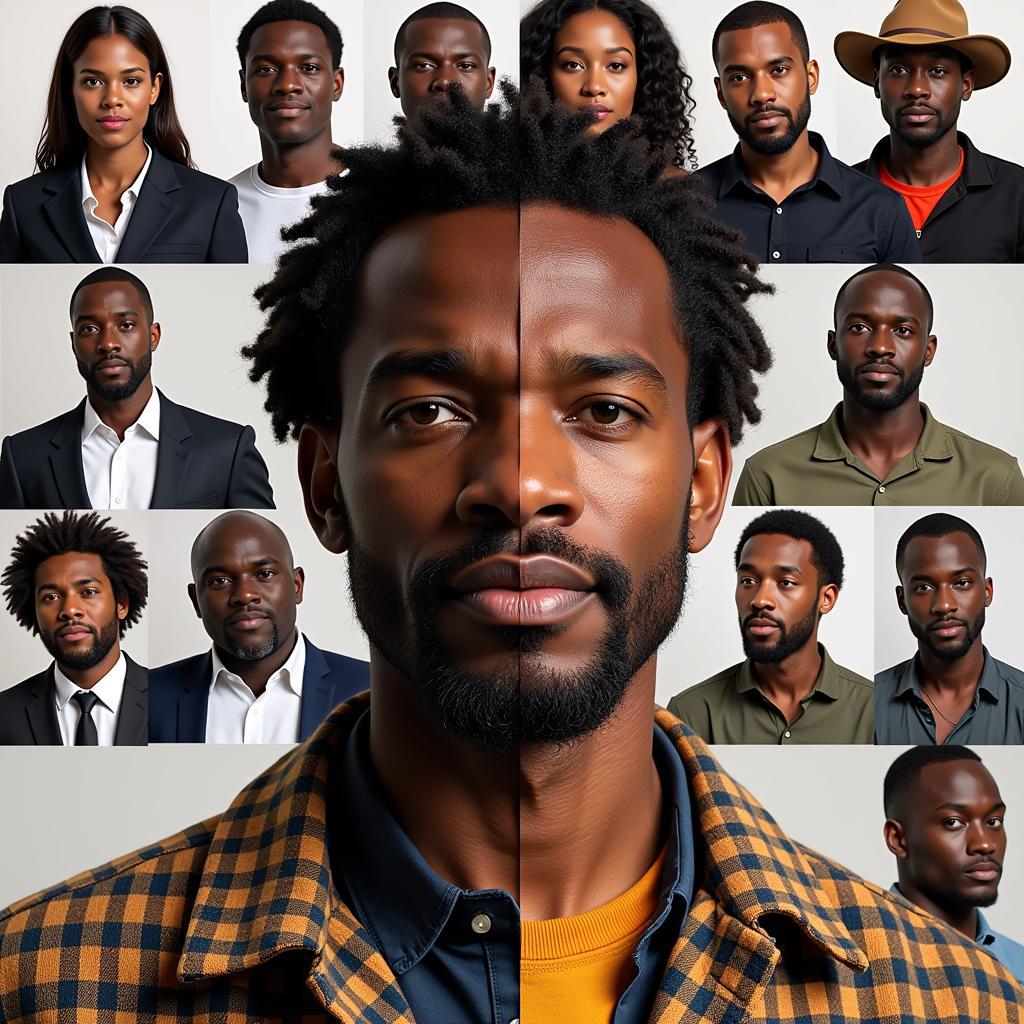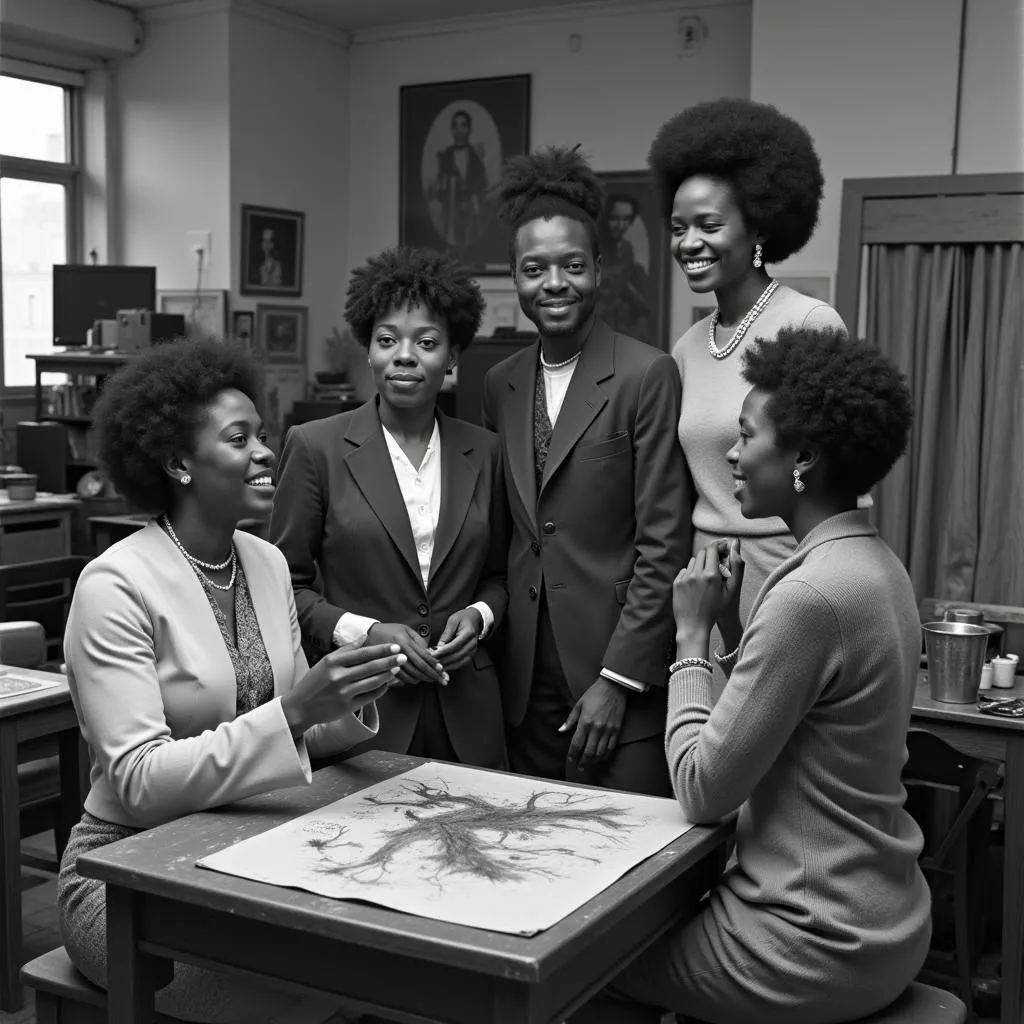Unveiling African Attitudes: Information in Wikipedia and Beyond
Understanding African attitudes requires going beyond stereotypes and exploring the diverse perspectives shaped by the continent’s rich history, cultures, and experiences. While Wikipedia offers a starting point, it’s crucial to recognize its limitations and engage with a broader range of sources to gain a nuanced understanding of this complex topic.
Beyond the Single Story: Challenging Stereotypes about African Attitudes
Often, discussions about Africa are plagued by generalizations that fail to capture the continent’s diversity. It’s essential to remember that Africa is not a monolith. With 54 countries, thousands of ethnic groups, and a tapestry of languages and religions, it’s a continent brimming with a spectrum of beliefs, values, and perspectives.
Historical Context: Understanding the Roots of African Attitudes
To grasp the nuances of African attitudes, delving into the continent’s past is essential. Colonialism, for instance, has left an enduring legacy, shaping political systems, economies, and even social interactions. The struggle for independence and the subsequent challenges of nation-building have also profoundly influenced contemporary perspectives.
Furthermore, traditional belief systems, often deeply rooted in the community and respect for elders, continue to play a significant role in shaping values and attitudes. Understanding this historical and cultural tapestry is crucial for comprehending the complexities of African viewpoints.
Navigating Social Dynamics: Respect, Community, and Collectivism
In many African cultures, community and collectivism are highly valued. Ubuntu, a Nguni Bantu term often translated as “humanity towards others,” encapsulates this emphasis on interconnectedness and shared responsibility.
Respect for elders is paramount, reflecting their wisdom and experience. Similarly, family ties run deep, and strong kinship networks provide support and a sense of belonging. Understanding these social dynamics is key to navigating interactions and fostering meaningful relationships within African societies.
Religion and Spirituality: Shaping Moral Frameworks and Values
Religion and spirituality play a profound role in shaping African attitudes. From indigenous belief systems to Christianity and Islam, faith permeates many aspects of life, influencing moral frameworks, values, and worldviews. Religious leaders often hold significant social influence, and religious institutions provide guidance and support within communities.
Looking Ahead: Evolving Attitudes in a Changing World
As Africa undergoes rapid urbanization, technological advancements, and globalization, traditional attitudes are being reshaped by new influences. The rise of a young, digitally connected generation is fostering new perspectives and challenging established norms.
Conclusion: Embracing the Multiplicity of African Voices
While Wikipedia can provide a basic understanding of African attitudes, it’s crucial to recognize that this vast continent defies easy categorization. Engaging with diverse perspectives, understanding the historical and cultural context, and acknowledging the dynamism of African societies are essential for appreciating the richness and complexity of African attitudes.
By approaching the topic with an open mind and a willingness to listen, we can move beyond stereotypes and gain a deeper appreciation for the diverse voices and experiences that shape this vibrant continent.



